Circa 2021
Microbes are really good at eating a range of substances, so humans are putting them to work cleaning up our messes — and our art.
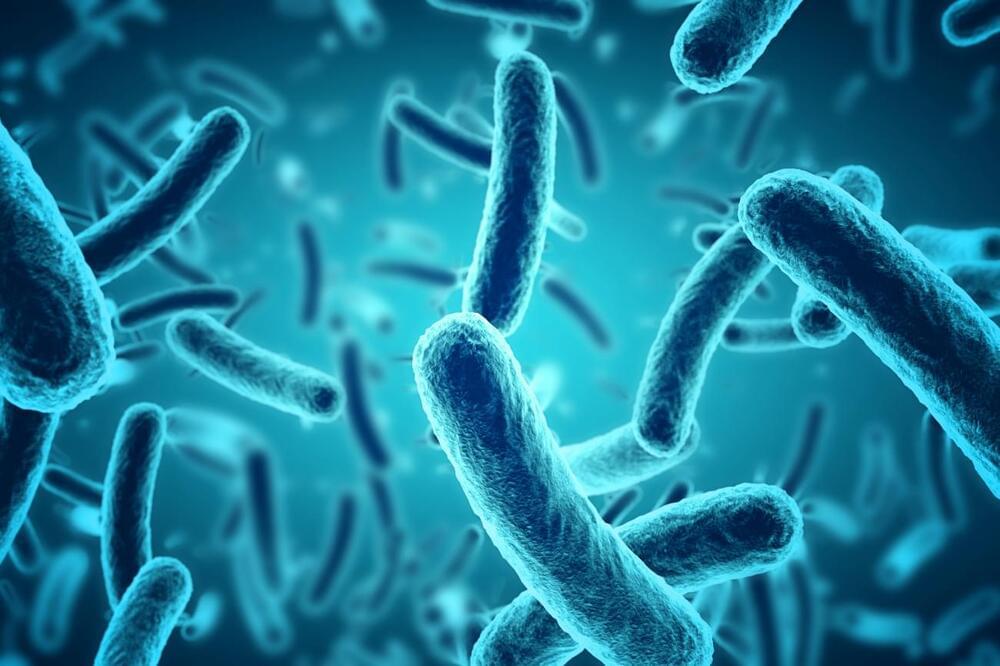

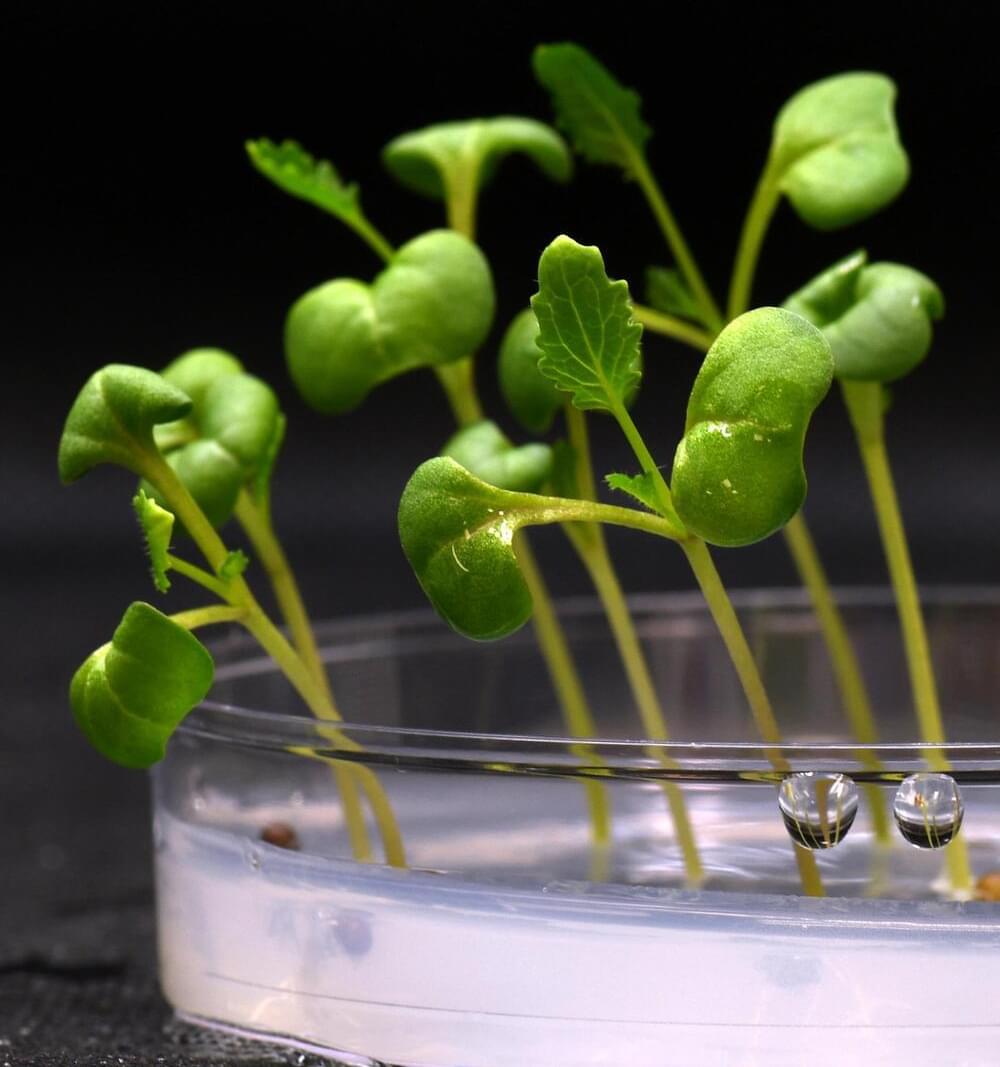
Photosynthesis has evolved in plants for millions of years to turn water, carbon dioxide, and the energy from sunlight into plant biomass and the foods we eat. This process, however, is very inefficient, with only about 1% of the energy found in sunlight ending up in the plant. Scientists at UC Riverside and the University of Delaware have found a way to bypass the need for biological photosynthesis altogether and create food independent of sunlight by using artificial photosynthesis.
The research, published in Nature Food, uses a two-step electrocatalytic process to convert carbon dioxide, electricity, and water into acetate, the form of the main component of vinegar. Food-producing organisms then consume acetate in the dark to grow. Combined with solar panels to generate the electricity to power the electrocatalysis, this hybrid organic-inorganic system could increase the conversion efficiency of sunlight into food, up to 18 times more efficient for some foods.
“With our approach we sought to identify a new way of producing food that could break through the limits normally imposed by biological photosynthesis,” said corresponding author Robert Jinkerson, a UC Riverside assistant professor of chemical and environmental engineering.
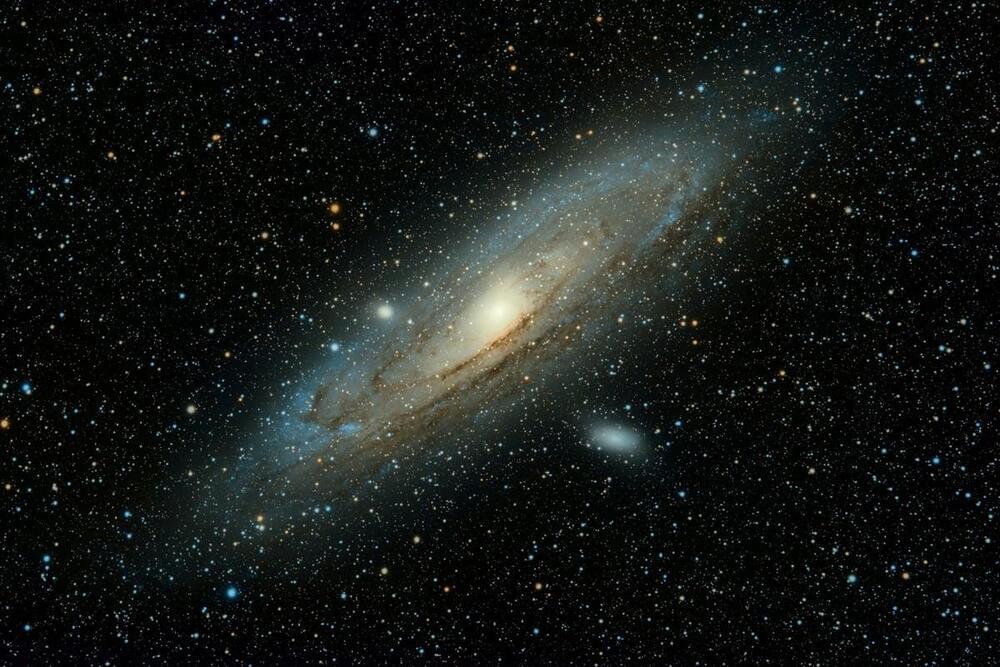
Ever considered the notion that everything around you was cooked up by aliens in a lab? Theoretical physicist and former chair of Harvard’s astronomy department, Abraham ‘Avi’ Loeb, has proposed a wild – if unsettling – theory that our universe was intentionally created by a more advanced class of lifeform.
In an op-ed for Scientific American, “Was Our Universe Created In A Laboratory?”, Loeb suggested that aliens could have created a ‘baby universe’ using ‘quantum tunneling’, which would explain our universe’s ‘flat geometry’ with zero net energy. If this discovery were proven true, then the universe humans live in would be shown to be “like a biological system that maintains the longevity of its genetic material through multiple generations,” Loeb wrote.
Loeb put forward the idea of a scale of developed civilisations (A, B, etc.) and, due to that fact that on Earth we currently don’t have the ability to reproduce the astrophysical conditions that led to our existence, “we are a low-level technological civilisation, graded class C on the cosmic scale” (essentially: dumb). We would be higher up, he added, if we possessed the ability to recreate the habitable conditions on our planet for when the sun will die. But, due to our tendency to “carelessly destroy the natural habitat” on Earth through climate change, we should really be downgraded to class D.
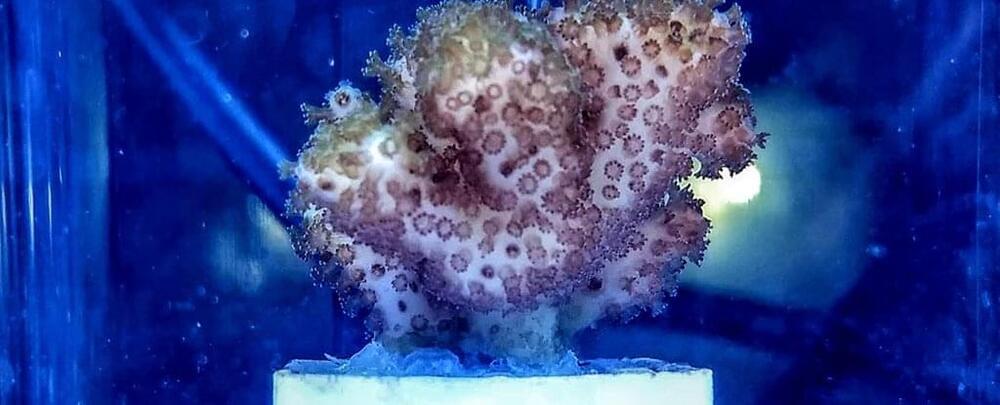
The corals we find in the world’s reefs have their own microbiomes, and scientists are figuring out how to feed them probiotic ‘supplements’ – to try and save them for future generations.
A baby coral begins life as a swimming larva adrift in the ocean. When it is big enough, the larva sinks and secures itself to the seafloor – or, if it’s lucky, a healthy reef. Once settled, it begins to clone itself.
Shallow-water corals, made up of myriad different organisms, are essentially colonies of tiny animals collaborating with a marine algae called zooxanthellae, which feeds the coral and helps produce the calcium carbonate that forms reefs over thousands – or even millions – of years.
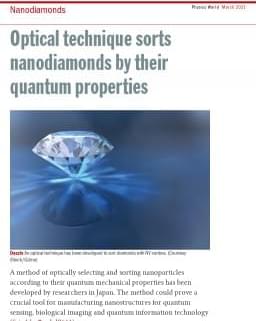
A method of optically selecting and sorting nanoparticles according to their quantum mechanical properties has been developed by researchers in Japan. The method could prove a crucial tool for manufacturing nanostructures for quantum sensing, biological imaging and quantum information technology ( Sci. Adv. 7 eabd9551).
Scientists have several ways of manipulating and positioning tiny objects without touching them. Optical tweezers, for example, use a highly focused laser beam to generate optical forces that hold and move objects in the beam’s trajectory. However, such tweezers struggle to grasp nanoparticles because these tiny objects are much smaller than the wavelength of the laser light used.
Now, a team led by Hajime Ishihara of Osaka University and Keiji Sasaki at Hokkaido University has developed a way of using light to sort nanodiamonds. These are tiny pieces of semiconductor with very useful optoelectronic properties that derive from bulk diamond as well as certain defects such as nitrogen-vacancy (NV) centres.
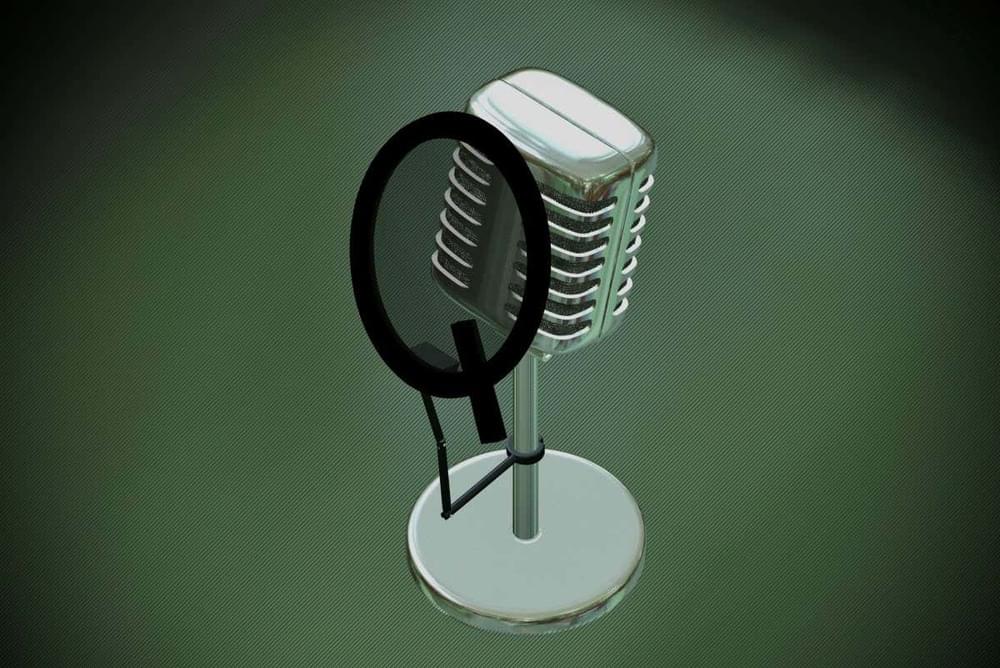
View insights.
A quantum microphone can record human speech better than an equivalent classical version, and it could also be adapted for high-resolution biological imaging.
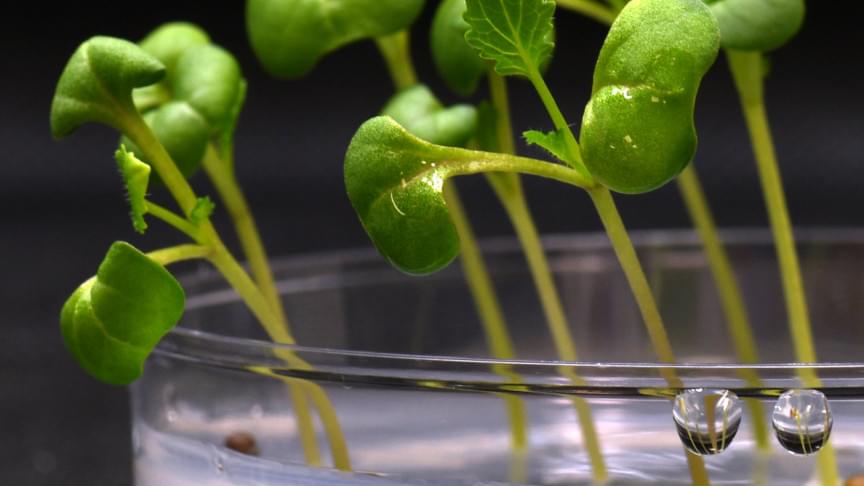
The researchers also optimized their electrolyzer to produce the highest levels of acetate ever produced in an electrolyzer to date. What’s more, they found that crop plants, including cowpea, tomato, rice, green pea, and tobacco, all have the potential to be grown in the dark using the carbon from acetate. There’s even a possibility that acetate could improve crop yields, though more research is required.
The researchers believe that by reducing the reliance on direct sunlight, artificial photosynthesis could provide an important alternative for food growth in the coming years, as the world adapts to the worst effects of climate change — including droughts, floods, and reduced land availability. “Using artificial photosynthesis approaches to produce food could be a paradigm shift for how we feed people. By increasing the efficiency of food production, less land is needed, lessening the impact agriculture has on the environment. And for agriculture in non-traditional environments, like outer space, the increased energy efficiency could help feed more crew members with less inputs,” Jinkerson explained.
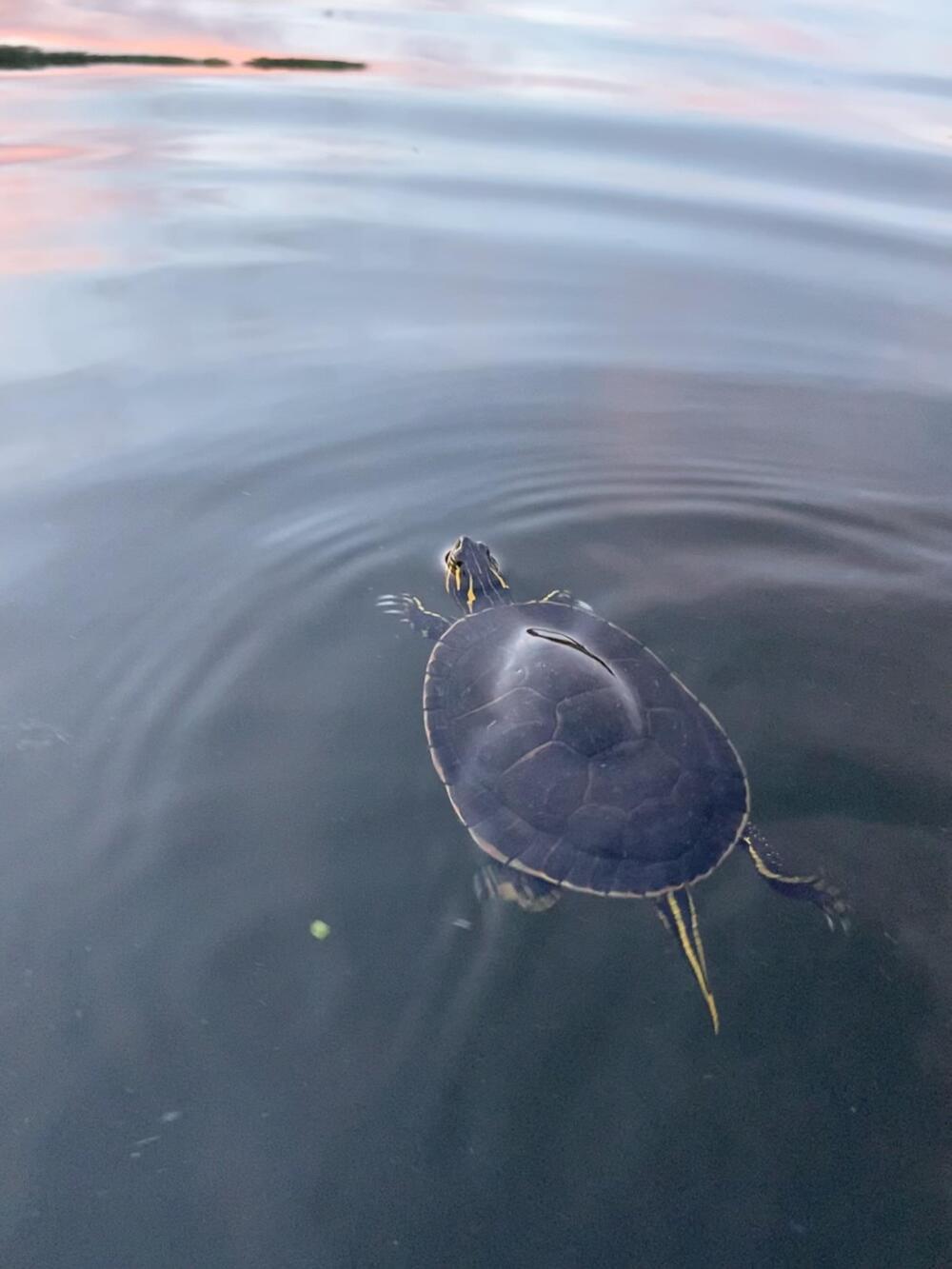
At 190 years old, Jonathan the Seychelles giant tortoise recently made news for being the “oldest living land animal in the world.” Although, anecdotal evidence like this exists that some species of turtles and other ectotherms—or ‘cold-blooded’ animals—live a long time, evidence is spotty and mostly focused on animals living in zoos or a few individuals living in the wild. Now, an international team of 114 scientists, led by Penn State and Northeastern Illinois University, reports the most comprehensive study of aging and longevity to date comprising data collected in the wild from 107 populations of 77 species of reptiles and amphibians worldwide.
Among their many findings, which they report today in the journal Science, the researchers documented for the first time that turtles, crocodilians and salamanders have particularly low aging rates and extended lifespans for their sizes. The team also found that protective phenotypes, such as the hard shells of most turtle species, contribute to slower aging, and in some cases even ‘negligible aging’—or lack of biological aging.
“Anecdotal evidence exists that some reptiles and amphibians age slowly and have long lifespans, but until now no one has actually studied this on a large scale across numerous species in the wild,” said David Miller, senior author and associate professor of wildlife population ecology, Penn State. “If we can understand what allows some animals to age more slowly, we can better understand aging in humans, and we can also inform conservation strategies for reptiles and amphibians, many of which are threatened or endangered.”
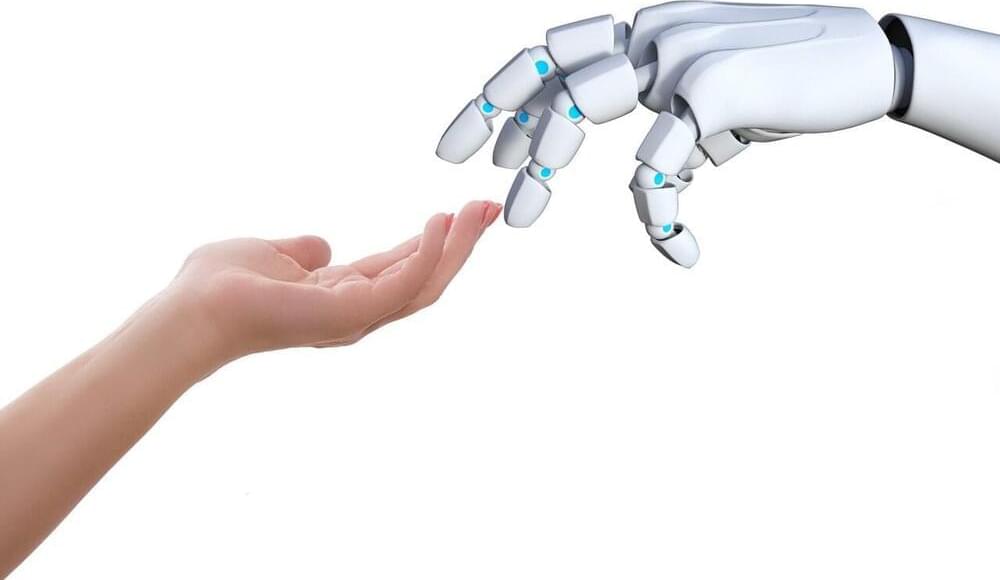
By combining two distinct approaches into an integrated workflow, Singapore University of Technology and Design (SUTD) researchers have developed a novel automated process for designing and fabricating customized soft robots. Their method, published in Advanced Materials Technologies, can be applied to other kinds of soft robots—allowing their mechanical properties to be tailored in an accessible manner.
Though robots are often depicted as stiff, metallic structures, an emerging class of pliable machines known as soft robots is rapidly gaining traction. Inspired by the flexible forms of living organisms, soft robots have wide applications in sensing, movement, object grasping and manipulation, among others. Yet, such robots are still mostly fabricated through manual casting techniques—limiting the complexity and geometries that can be achieved.
“Most fabrication approaches are predominantly manual due to a lack of standard tools,” said SUTD Assistant Professor Pablo Valdivia y Alvarado, who led the study. “But 3D printing or additive manufacturing is slowly coming into play as it facilitates repeatability and allows more complex designs—improving quality and performance.”